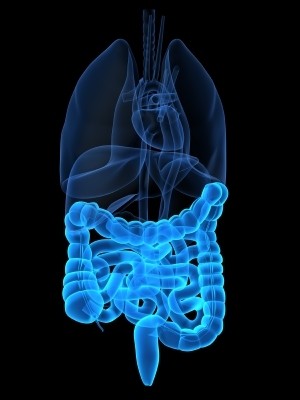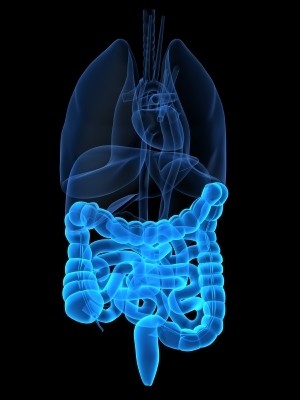EFSA health claim opinion
EFSA rejects probiotic gut health claim
EFSA’s Panel on Dietetic Products, Nutrition and Allergies (NDA) said a cause and effect relationship had not been established between the product, Synbio, and the maintenance and improvement of, “intestinal well-being by increasing intestinal regularity and faecal volume”.
The NDA highlighted numerous problems with the 19 submitted references that included two published articles, one unpublished article, two references on patents, a PhD thesis, six unpublished technical reports on the strains added to different foods and seven communications to conferences.
It opined: “In weighing the evidence, the Panel considers that only one human study evaluated outcomes related to the claimed effect and that the weaknesses of this study (e.g. small sample size, effect of food matrices disregarded, inadequate questionnaire/scale used for measuring the outcomes, and lack of objective outcome measures) limit its value for the scientific substantiation of the claimed effect.”
Unlike many of the other probiotic dossier rejections that have come through in the generic article 13.1 list, the NDA found the probiotic strains - Lactobacillus rhamnosus IMC 501® and Lactobacillus paracasei - were sufficiently characterised.
It also acknowledged that maintenance or improvement of intestinal well-being by increasing intestinal regularity and faecal volume might be a beneficial physiological effect.
In assessing the evidence, the NDA highlighted an unpublished, human double-blind controlled clinical trial involving 50 healthy subjects.
“The faecal levels of Bifidobacterium and Lactobacillus were reported to be higher in the test group than in the placebo group and the test group reported increases in intestinal regularity and faecal volume after the intervention,” it wrote.
Despite this finding the trial was limited because, “the food products tested were of quite different nature, the number of subjects ingesting each product was not reported and the possible effects of the matrices carrying the strains were not evaluated.”
Small sample size, the lack of power calculation, and inadequate questionnaire/scale used for measuring the outcomes, were identified as further weaknesses of this study.
The opinion can be found here.















